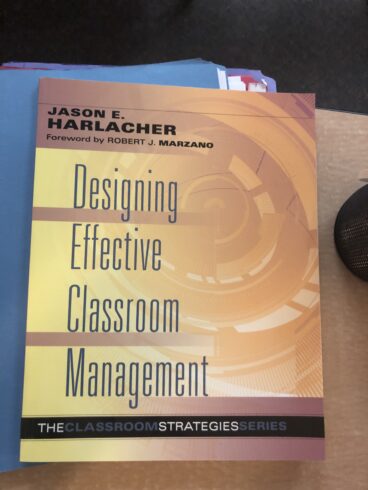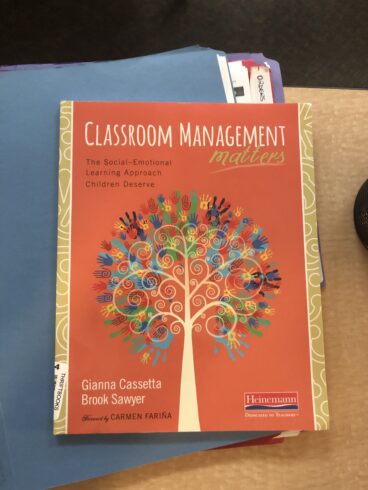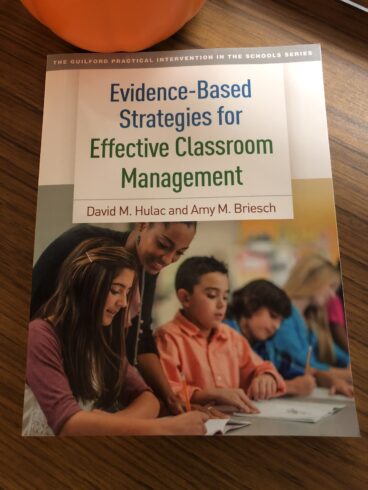
In Designing Effective Classroom Management, Jason E. Harlacher gives teachers and school administrators a research-based look at instructional strategies that can improve student behaviour and achievement in the classroom. Harlacher presents a step-by-step, practical guide to proactive classroom management, specifying five components to help enhance student achievement and decrease classroom problems. Each chapter details a different necessary component of the proactive approach to classroom management.
Part of The Classroom Strategies Series, this clear, highly practical guide follows the series format, first summarizing key research and then translating it into recommendations for classroom practices.


